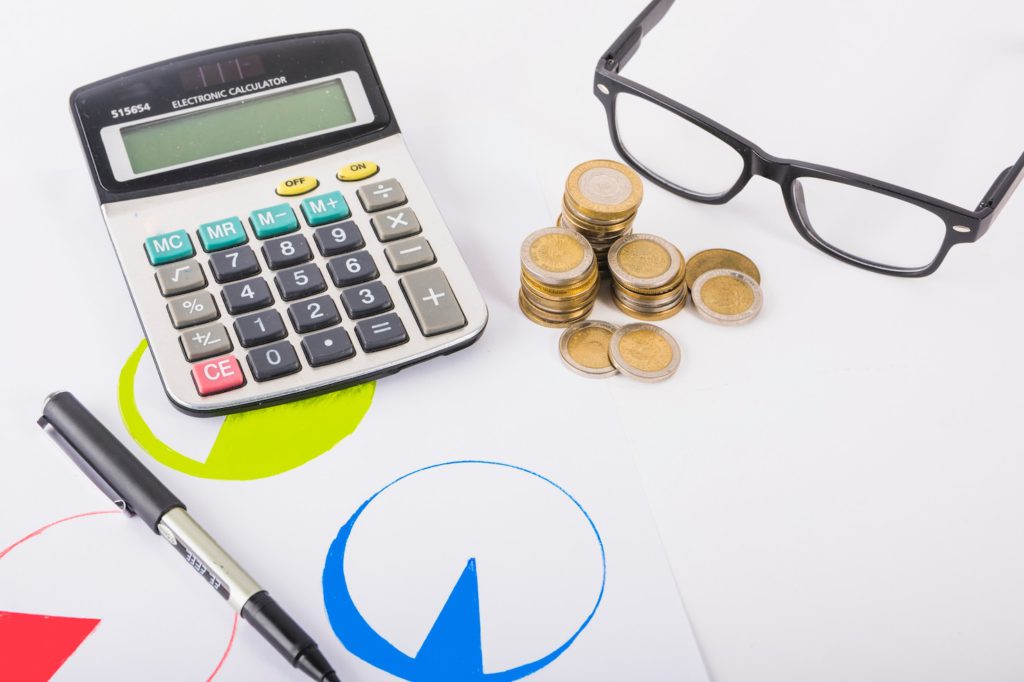Introduction – The CRA Releases Tax Tips on Mining Cryptocurrency
On March 13, 2023, the Canada Revenue Agency (CRA) issued a media notice offering tax tips about cryptocurrency mining. However, the release provided minimal guidance, leaving many Canadian cryptocurrency miners uncertain about their tax obligations.
This article breaks down the differences between cryptocurrency mining, staking, and liquidity mining while addressing the tax implications overlooked in the CRA’s release. It concludes with actionable advice from Canadian crypto tax accountants.
Cryptocurrency Mining, Staking, and Liquidity Mining
To navigate cryptocurrency taxation effectively, it is crucial to differentiate between cryptocurrency mining, cryptocurrency staking, and liquidity mining:
Cryptocurrency Mining
Mining involves validating blockchain transactions using computational power in proof-of-work (PoW) systems, such as Bitcoin. Miners earn compensation in the form of cryptocurrency rewards and transaction fees.
Cryptocurrency Staking
Staking validates transactions in proof-of-stake (PoS) systems, such as Ethereum. Stakers lock cryptocurrency as collateral and receive staking rewards, typically in the form of tokens or transaction fees.
Liquidity Mining
Unlike mining or staking, liquidity mining involves contributing cryptocurrency to decentralized finance (DeFi) platforms in exchange for interest payments, platform fees, or token rewards. It is an investment activity rather than a transaction-verification process.
The CRA’s Oversimplified Tax Guidance on Cryptocurrency Mining
The CRA’s 2023 release states:
- The tax treatment depends on whether mining is a hobby or a business activity.
- Business activities involve regularity or repetition, though a single transaction could be considered a business.
- Mining as a business requires reporting both mining rewards and capital gains from cryptocurrency sales.
While technically correct, this guidance oversimplifies cryptocurrency mining’s nuances and omits crucial details, including:
Taxation of Mining Rewards
- Mining as a business: The fair market value (FMV) of mining rewards received is taxable as business income at the time of receipt.
- Mining as a hobby: Mining rewards are not immediately taxable but trigger a capital gain or loss upon disposal of the cryptocurrency.
Taxation on Dispositions
- Disposing of mined cryptocurrency through sales or exchanges triggers tax consequences. Business miners report gains or losses as business income, while hobby miners report them as capital gains or losses.
GST/HST and Cryptocurrency Mining: What the CRA Missed
The CRA’s release does not address the GST/HST implications for cryptocurrency mining or pending legislative changes, including:
- Current Rules: Cryptocurrency transactions involving “virtual payment instruments” (e.g., Bitcoin, Ethereum) are GST/HST-exempt as financial services under Canada’s Excise Tax Act.
- Proposed Changes: Draft legislation (February 2022) proposes treating cryptocurrency mining as an exempt supply, meaning:
- Miners do not charge or remit GST/HST on mining rewards.
- Miners cannot claim input tax credits (ITCs) for mining-related expenses.
Pro Tax Tips for Canadian Cryptocurrency Miners
1. Understand Your Activity
Clearly define whether your activities fall under mining, staking, or liquidity mining, as each has distinct tax implications.
2. Maintain Accurate Records
For every cryptocurrency transaction, document:
- Date and transaction details: Transaction ID, wallet addresses, and counterparty information.
- FMV in CAD: The value of the cryptocurrency at the time of the transaction.
- Supporting documents: Exchange statements, receipts, and records of expenses (e.g., software, hardware).
3. Separate Business from Hobby Mining
Clearly differentiate whether mining is a business or a hobby:
- For businesses, report mining rewards as income and track expenses for deductions.
- For hobby activities, report capital gains or losses only upon cryptocurrency disposal.
4. Monitor GST/HST Rules
Keep abreast of developments regarding the GST/HST treatment of cryptocurrency mining. Be aware of ITC limitations if mining is categorized as an exempt supply.
5. Engage a Professional Accountant
Work with a crypto-tax accountant to analyze your activities and ensure compliance. An accountant can help with proper record-keeping, GST/HST assessments, and audit defense.
Conclusion
The CRA’s tax tips on cryptocurrency mining fail to address the complexities and nuances of this evolving area. Cryptocurrency mining, staking, and liquidity mining each invoke unique tax implications under Canada’s Income Tax Act and Excise Tax Act. Additionally, pending legislative changes may alter the GST/HST treatment of mining activities, further complicating compliance.
Frequently Asked Questions
1. What is cryptocurrency mining?
Cryptocurrency mining is the process of validating transactions on blockchain networks using computational power in proof-of-work systems. Miners earn cryptocurrency rewards and transaction fees for their efforts.
2. How does Canada tax cryptocurrency mining?
- Business mining: Mining rewards are reported as business income at FMV upon receipt.
- Hobby mining: Mining rewards are not taxed immediately but trigger capital gains or losses upon disposal.
3. Does GST/HST apply to cryptocurrency mining?
Under proposed legislation, cryptocurrency mining will be treated as an exempt supply, meaning GST/HST won’t apply to mining rewards, but miners cannot claim ITCs for related expenses.
4. Can I rely on CRA publications for tax advice?
No. CRA publications are not legally binding, and auditors can disregard them. Consult a crypto-tax accountant for accurate and compliant tax reporting.
5. How can I ensure compliance with cryptocurrency tax rules?
Work with a crypto-tax accountant to review your specific circumstances and create a clear tax plan. Proper documentation and professional advice will help protect your interests in case of a CRA audit.
This article is written for educational purposes.
Should you have any inquiries, please do not hesitate to contact us at (905) 836-8755, via email at [email protected], or by visiting our website at www.taxpartners.ca.
Tax Partners has been operational since 1981 and is recognized as one of the leading tax and accounting firms in North America. Contact us today for a FREE initial consultation appointment.
#NewmarketAccountant #KeswickAccountant #AuroraAccountant #AuroraTax #NewmarketTax #CRAAudit #CRATax #CPA #MahadMohamed #CPAAudit #CPATax #CharteredAccountant #Moody #KPMGTax #TaxHelp #CanadaTax #CRA #USTax #TaxpayerRelief #TaxForgiveness #Mahad #GoodAccountant #BestAccountant #TaxAccountant #RichmondHillAccountant #BarrieAccountant #BarrieTax #MarkhamTax #MarkhamAccountant


